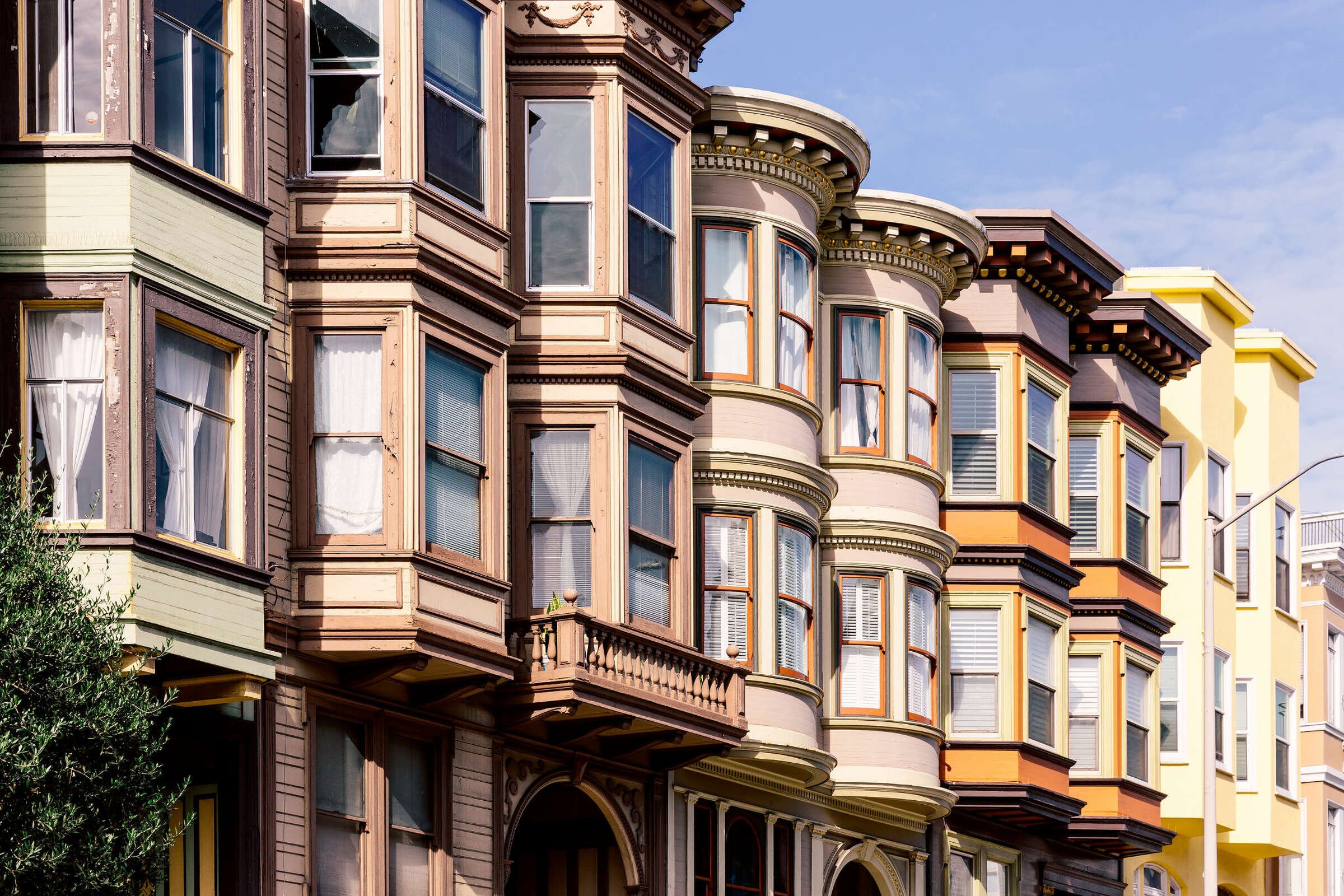Outside Investment
An article in the San Francisco Chronicle this week laid out a very interesting scenario: there are 40,000 empty homes in one of the most concentrated cities in the United States that has been dealing with a housing crisis for more than a decade.
I wonder why that is?
Oh, I know: it’s because most of the people who now own homes in San Francisco have no intention of ever living in them. They’re simply investments meant to generate earnings over the new decade-plus.
My question is this: what happens to a market—like we’ve already talked about with designer watches, Nike shoes, wine, whiskey, houses, etc—when the utility of the item itself becomes completely separated from its intended value, and the people who once found enjoyment in that value move on to a different market?
Let me put that another way: what happens to Bordeaux futures if there’s no one left actually drinking Bordeaux? You can’t keep finding new markets to pay double the price forever.
What happens to whiskey investors when there are no more whiskey drinkers left? You eventually have to find someone to drink it.
What happens to San Francisco when no one actually lives there? A city requires residents to be a city.
As a potential solution to its vacancy issue, San Francisco is looking to Vancouver (another victim of overrun outside investment) and considering a vacancy tax, fining home owners for not actually using their properties to house people.
But that’s not really the issue. A few thousand dollars out of the old coffer annually isn’t going to move the needle with the wealthy.
The cause of San Francisco’s decay points to a number of factors, but most of all (as a long time resident, I can say this): the fact that the people who once made it great have now left the city. They’ve moved to Sacramento or Texas, hoping to rekindle the remnants of community living and a better quality of life. The spirit of San Francisco is dead, even if its empty bones remain in place.
The more that other industries—like wine and whiskey—suffer this same attrition, and allow for their best products to be monopolized by the wealthy purely investment purposes, they’re going to die the same slow death.
-David Driscoll
